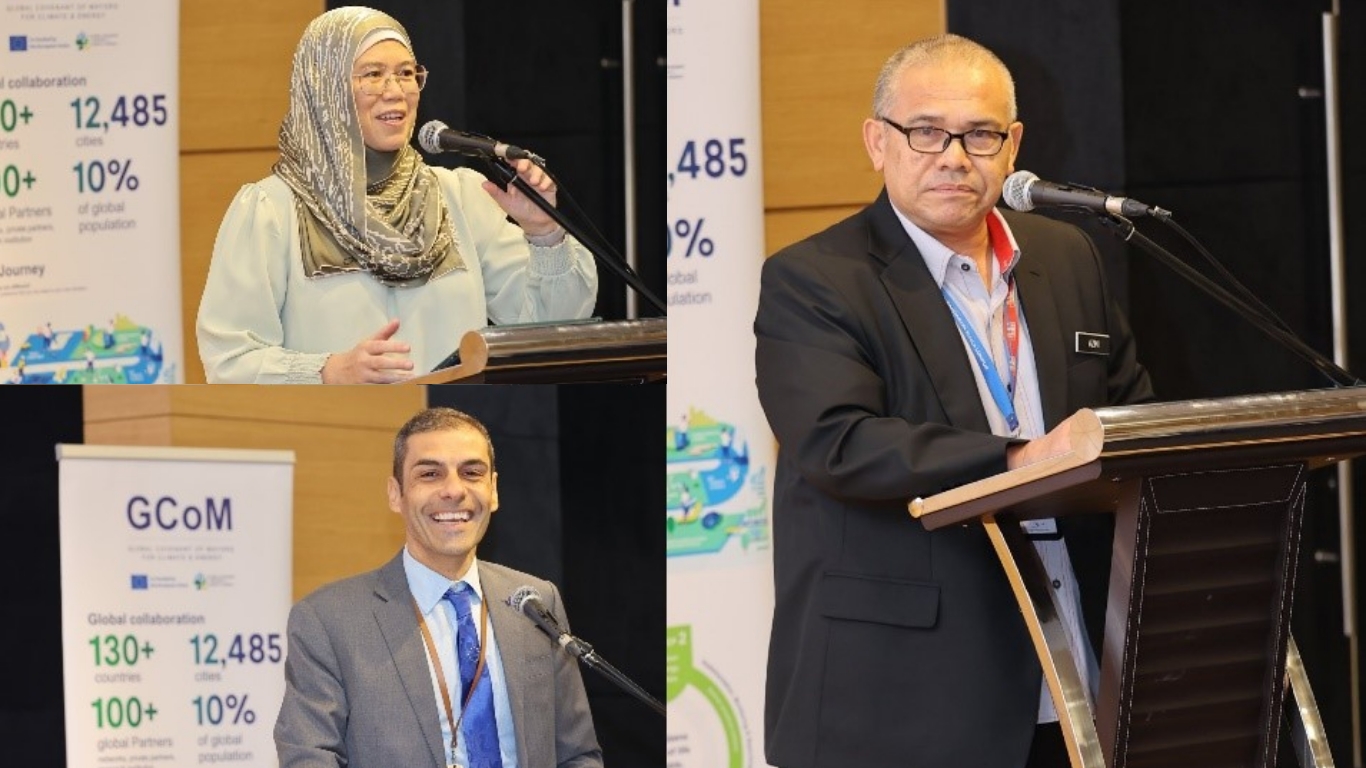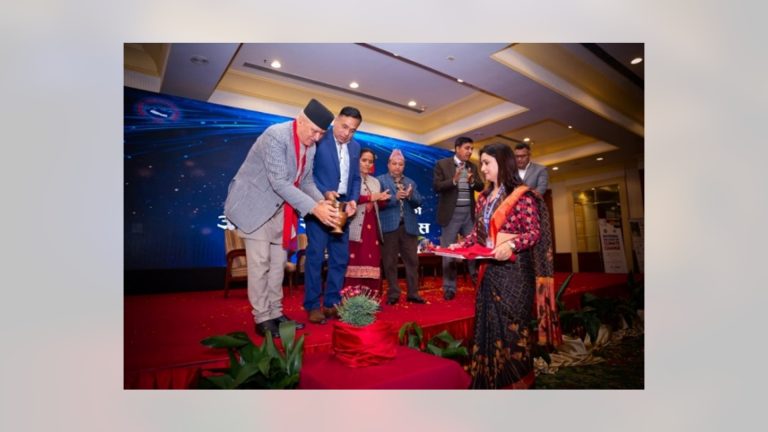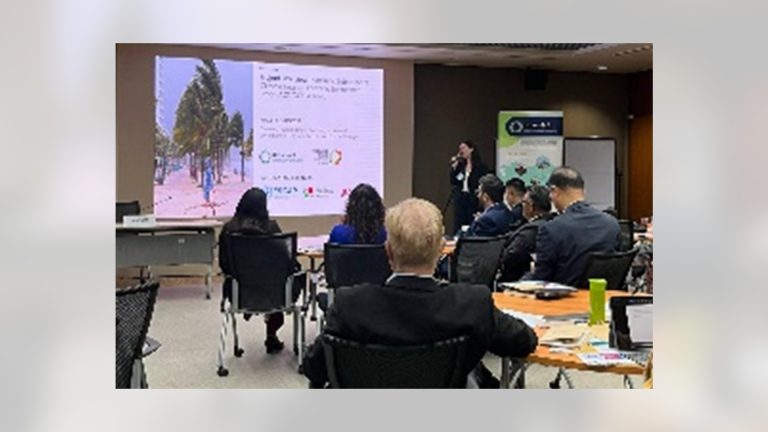June 14-15, 2023 | Malaysia – UCLG ASPAC, host of the GCoM Southeast Asia, supported the organisation of a two-day workshop on Climate Finance for Malaysian Cities from June 14 to 15, 2023. The workshop was organised under the GCoM Asia Project, funded by the European Union, in collaboration with the Islamic Banking and Finance Institute Malaysia (IBFIM). Attracting 93 representatives of cities and local governments as well as experts, the workshop equipped them with technical knowledge and resources from local and international institutions to access and mobilise climate finance. The event was graced by YBrs. Datuk Haji Azmi bin Abdul Hamid (Executive Director of Kuala Lumpur City Hall or DBKL), Mr. Francesco Floris (First Counsellor – Head of Trade and Economic Relations from the Delegation of the European Union to Malaysia), and Puan Madelena Mohamed (Director of the Sustainability Unit, Bank Negara Malaysia).
Accelerating Sustainable Urban Mobility: Electrification and Transport Modelling for Green Infrastructure
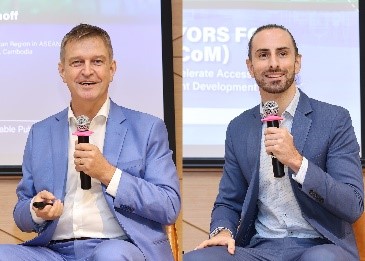
Discussion: Development of electrification policies and projects at the local levels, benefits and challenges of electrification, sharing of successful electronic vehicles (EV) examples from various countries and concerns regarding the lithium market and recycling processes, different types of transport models, their use, data requirements, and collection methods.
Recommendation: Local authorities focus on sustainable mobility strategies rather than designing cities solely for cars and encouraged the inclusion of electric vehicle solutions in public fleet procurement.
Enhancing Resilience: Flood Management, Adaptation Planning, and Innovative Solutions
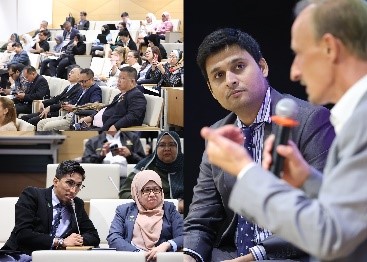
Discussion: Flood management and response plans, insights and initiatives shared including GIZ’s “Small and Medium Grants Fund”, the flood management visualisation toolkit (TOSCA), innovative portable energy solutions from Tespack.
Highlights: The importance of vertical integration and the utilisation of existing climate finance mechanisms; significance of international partnerships and the use of data in planning and implementing effective flood management strategies.
Creating Healthy and Sustainable Buildings: Innovations in Indoor Air Quality and Environmental Monitoring
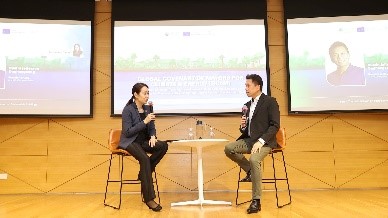
Discussion: The technology for monitoring and managing environmental factors inside buildings to improve health, decarbonisation, and the Environmental, Social, and Governance (ESG) performance and showcase of relevant good practices.
Good practices: A building in the Philippines recognised as the healthiest in Southeast Asia, decarbonisation efforts in a Singaporean building equivalent to removing 1,700 cars from the road annually, and a city-wide project in Europe in collaboration with a European government.
Enabling Climate Finance at the City Level: Tools and Platforms for Sustainable Infrastructure and Energy Projects
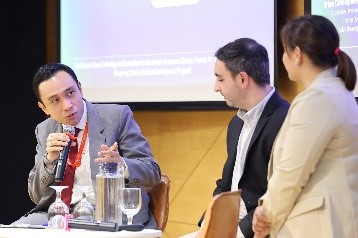
Discussion: Tools and platforms for facilitating climate finance at the city level; opportunities for cities to access international markets, including carbon pricing instruments and carbon trading, in addition to carbon taxation, transparency, and establishing carbon credits as a new revenue stream.
City Climate Finance Gap Fund and FMDV Global Fund for Cities Development: Financing Climate Ambitions and Sustainable Urban Development
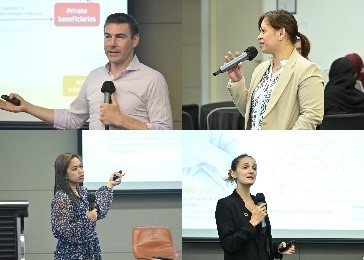
Discussion: The City Climate Finance Gap Fund and the FMDV Global Fund for Cities Development as crucial mechanisms to support cities in developing and emerging countries in realising their climate ambitions.
Recommendations: Aggregating small-scale interventions to make them more bankable and attract financiers; the importance of Monitoring, Reporting, and Verification (MRV) for transparency and the potential of digital MRV systems.
Challenges to Accessing Climate Finance and Opportunities to Overcome
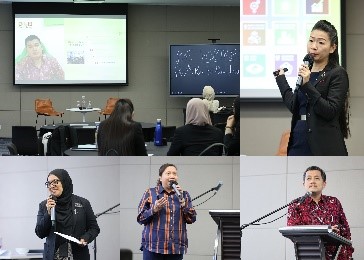
Discussion: Cities sharing in accessing and mobilising climate finance, successful sharing from recipients of climate finance, and projects implemented through innovative funding mechanisms:
- Palembang City (Indonesia): Recipient of technical assistance through the City Climate Finance Gap Fund (Gap Fund) for green and resilient construction and energy-efficient affordable housing;
- Penang Island City Council: Recipient of the Climate Adaptation Fund, focusing on climate-resilient urban tree species and implementing the Penang Nature-based Climate Adaptation Programme;
- Iskandar Regional Development Authority (IRDA): Grant recipient of technical assistance under the UK-Pact and project implementation under the Green Technology Application for the Development of Low Carbon Cities;
- Kuala Lumpur City Hall: Initiatives in implementing a district cooling system and reducing energy consumption through renewable energy and energy efficiency measures in public buildings.
Financing Climate Actions and Islamic Social Financing for the Community

Discussion: How Islamic financial institutions contributed to alleviating hardships caused by the COVID-19 pandemic and supported strategic actions within the ecosystem; climate finance instruments and examples of projects in Malaysian cities; use of concessional loans, plastic credits, green/climate bonds, and carbon pricing to finance climate actions; blending of public and private finance to generate the necessary capital for climate projects; concept of Islamic Social Financing (ISF) and its potential for benefiting community-focused Public-Private Partnerships (PPPs) implemented by city councils in Malaysia.
Challenges and the urgent need for climate finance grants were communicated by the GCoM Malaysian cities to the Joint Committee on Climate Change (JC3) for their consideration and potential channelings to the Ministry of Finance.
Upcoming Workshop in Other Southeast Asian Countries
Similar workshops will be organised in Viet Nam and Indonesia to allow cities and local governments engage directly with national-level ministries and develop proposals in collaboration with climate financial institutions.








